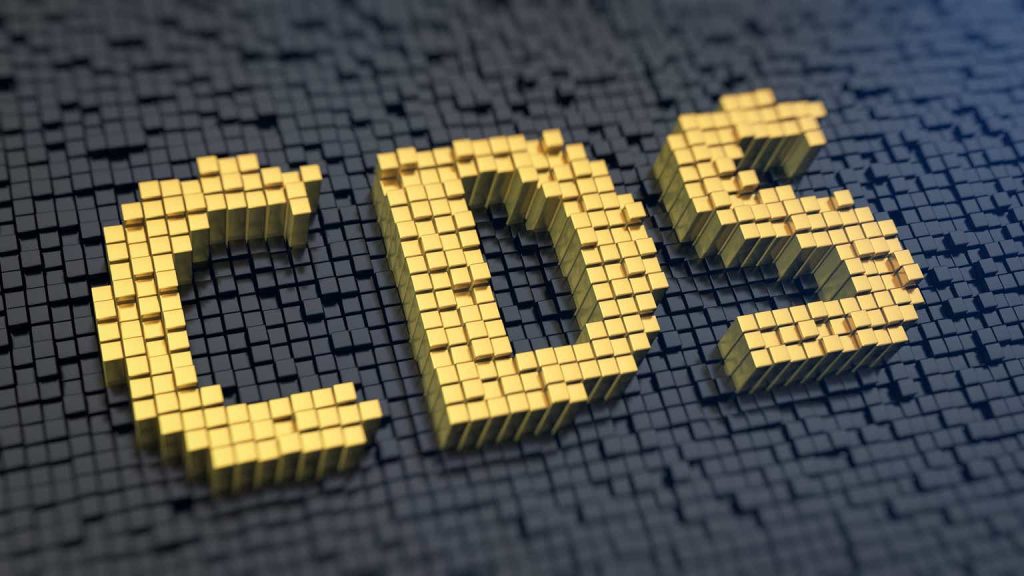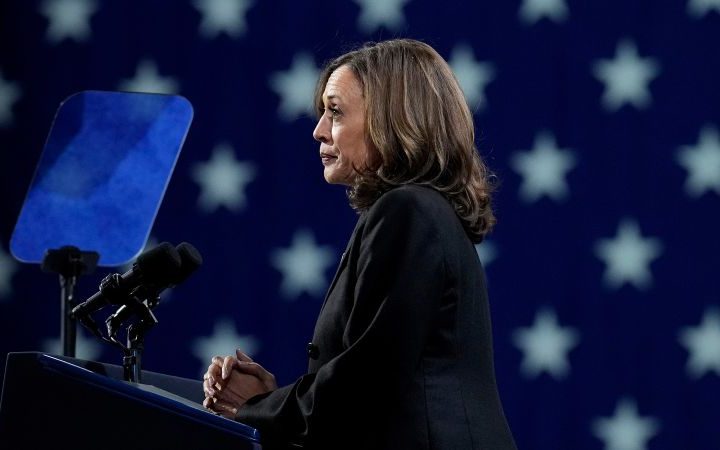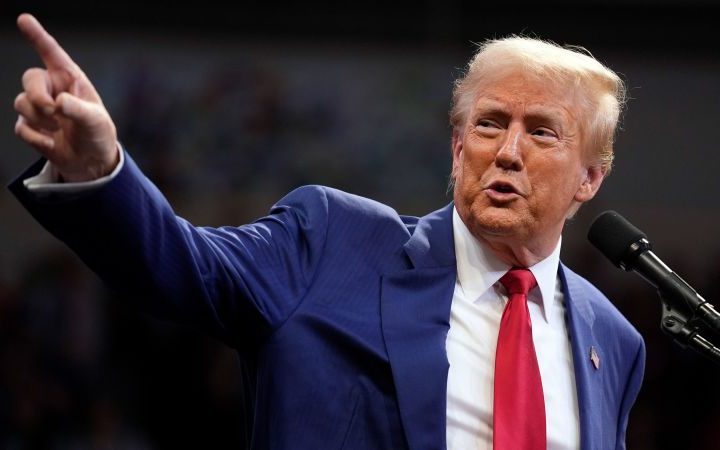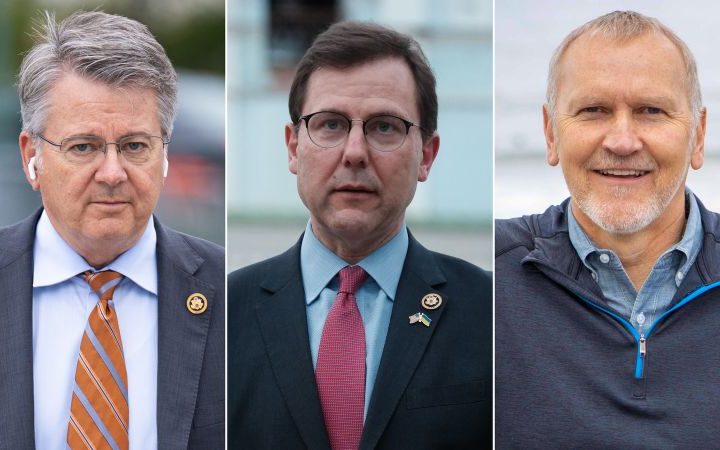The question wasn’t even directed toward President Joe Biden, but his determination to get in an answer created a revealing moment about the war in Ukraine, Russian President Vladimir Putin’s war machine and deepening US tensions with China.
Ukrainian President Volodymyr Zelensky was asked at a press conference in Italy last week about whether China was selling Russia arms for use in the war. Biden, who was standing beside him, waited for Zelensky to say President Xi Jinping told him he would not do so, before delivering a parting shot and ending the event. “By the way, China is not supplying weapons but the ability to produce those weapons and the technology available to do it. So, it is, in fact, helping Russia.”
The comment appeared to signal a hardening tone toward Beijing following months of US warnings that it shouldn’t help its friends in Moscow over the war. NATO Secretary Jens Stoltenberg reinforced the tough new line during a visit to Washington Monday that included Oval Office talks with Biden.
“Publicly, President Xi has tried to create the impression that he’s taking a back seat in this conflict to avoid sanctions and keep trade flowing. But the reality is that China’s fueling the largest armed conflict in Europe since World War II,” Stoltenberg said at The Wilson Center. “At the same time, it wants to maintain good relations with the West. Well, Beijing cannot have it both ways. At some point, and unless China changes course, allies need to impose a cost.”
Concerns that America’s enemies are aiding Russia’s war effort are sure to grow with the impending trip by Putin to North Korea, which the Kremlin said would have a “very eventful” list of events, including with the isolated Stalinist state’s tyrannical leader Kim Jong Un.
The idea of an anti-US front among Russia, China, North Korea and Iran has long preoccupied foreign policy experts in Washington. Up until recently, US intelligence agencies have assessed that differences between the uneasy partners make formal alliances unlikely. But all those powers have one big thing in common: a desire to thwart American goals and power. Each is also subject to a brutal autocratic regime that is threatened by the democracy that unites the US and its European and Asian allies.
The announcement that Putin is headed to Pyongyang raised the state of alert in Washington.
In March, US Director of National Intelligence Avril Haines told Congress that Russia’s need to replenish its military supplies had forced it to grant “long-sought concessions” to North Korea. She did not specify the extent of the cooperation, but her comment sparked speculation that Moscow was offering nuclear or missile expertise. Deputy Secretary of State Kurt Campbell added to the intrigue last week when he said at a Stimson Center event that the North Koreans have embarked on a series of “provocative” actions including by supplying Russia with artillery and missiles.
And he added: “We have a very good understanding of what North Korea has provided Russia and they have had a substantial impact on the battlefield.”
But the US doesn’t seem to know what Kim will get in return.
“What is Russia going to provide in exchange to North Korea, hard currency? Is it energy? Is it capabilities that allow them to advance their nuclear or missile products?” Campbell said. “We don’t know but we are concerned by that and are watching carefully.”
He added: “The entire scope of the Russia/North Korea relationship is something we follow carefully and are concerned about.”
Read the full article here






